School placement payment fraud traced to Education Minister’s access
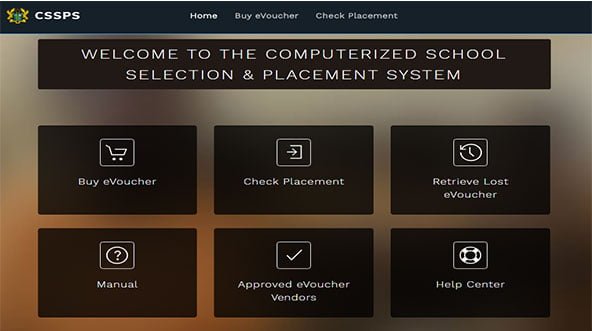
School placement payment fraud traced to Education Minister’s access?
A recent investigation has revealed that a corrupt payment for a student’s placement in a top-tier school in 2022 can be linked to the login of the Education Minister, Dr. Yaw Osei Adutwum.
This information was disclosed during a testimony given by Prof. Kwasi Opoku-Amankwa, who was the Director-General of the Ghana Education Service (GES) at the time of the placement and is serving on the investigative committee set up by the Ministry of Education. Prof. Opoku-Amankwa had unrestricted access to the computer system responsible for student placements and had the authority to approve or place students into category “A” schools.
The protocol for placement into prestigious senior high schools was meant to be restricted to only the Minister of Education and the Director General of the GES to prevent corruption and the payment of bribes for placement into these schools.
However, this restriction did not stop the corruption, leading the Ministry of Education to establish a committee to investigate the allegations of corruption in the school placement system. The committee was formed after the Ministry of National Security raised concerns about the corrupt activities.
According to a report obtained exclusively by The Fourth Estate, a six-member committee found that a fraudulent payment for a student’s placement in a category “A” school in 2022 was traced to the login access of the Education Minister, Dr. Yaw Osei Adutwum. The report was based on testimony from the former Director-General of the Ghana Education Service, Professor Kwasi Opoku-Amankwa, who had unrestricted access to the placement system and could approve or place students in category “A” schools. The report mentions that an amount of GHS7,000 was charged for someone’s placement at Wesley Girls or Achimota School, and a probe of the system log revealed it was done with the Minister’s access, handled by Ms. Vera Amoah.
After Prof. Amankwa’s testimony, the committee spoke to Dr. Adutwum, but the report does not state whether or not the Minister denied the allegations. The Ministry of Education declined to comment when asked by The Fourth Estate but stated that it would “study the investigative work, collaborate with relevant state institutions and address the issues raised accordingly.” According to Prof. Opoku-Amankwa, the system was designed so that both he and the Minister could see placements approved or carried out by each other, but a week after the 2022 placement started, his access to the system was revoked without explanation.
According to the report from a six-member committee, the technical consultant of the school placement system received directives via a memo generated by the Free SHS Coordinator and signed by the Honorable Minister of Education to grant protocol access to specific officers. However, it was later revealed that the Minister made additional changes to the protocol access that were not documented. One of these changes involved granting an Assistant Research Officer, Mohammed Kamel Issa, access to the Category C schools to help resolve placement issues. Yet, just two weeks into the placement process, Kamel’s access was suddenly revoked. He attempted to seek clarification from his supervisors regarding the meeting the Minister requested with him, but he did not receive any response.
The report mentions that the intended meeting with the Honorable Minister never took place as the Free SHS Coordinator later informed the Assistant Research Officer in charge of procurement that the Minister no longer needed to meet with him. Mark Sosu Mensah, a coordinator for the CSSPS center, informed the committee that schools were divided into categories A, A1, B, B1, and C, and students were placed accordingly.
He mentioned that he was initially granted access to category B1 schools, but later upgraded to category B schools through verbal communication from the Free SHS Coordinator. He added that it wasn’t until 2017 that his access was officially confirmed in writing by the Honorable Minister.
The investigative committee encountered other instances of corruption during their inquiry. Bright Appiah Kubi, a member of the Operations team at the Free SHS secretariat, informed the committee that he received information about a parent who paid GHS20,000 for their child to be placed at Wesley Girls for science, but due to his lack of access to the system’s log report, he was unable to determine who had made the placement.
In the past, such as during the 2019 placement, he was able to log in and confirm who had made the paid placement.
Prior to the establishment of the Ministry of Education’s investigative committee, Professor Opoku-Amankwa had already written to the National Intelligence Bureau (NIB) and the Criminal Investigations Department (CID) of the Ghana Police Service to investigate corruption allegations in the secondary school placement process.
READ: 2022 BECE Graduates To Go To SHS On 20th February, 2023
According to The Fourth Estate, after Professor Opoku-Amankwa made a request for an investigation into allegations of corruption in the student placement process, the National Intelligence Bureau (NIB) agreed to start the investigation but later redirected the request to the Criminal Investigations Department (CID) of the Ghana Police Service.
The investigations were then allegedly halted by “powers from above.” Prof. Opoku-Amankwa was later removed from his position as the Director-General and he recently stated that he and the minister should take responsibility for any fraud in the process, but he wanted to ensure there were no challenges with it.
He admitted to delegating his access to an officer and while he received notifications anytime someone logged in with his credentials, he couldn’t fully absolve himself from any issues of corruption.
The investigation by the security agencies and the Ministry of Education’s committee did not uncover those behind the fraudulent payments and placements, but The Fourth Estate conducted its own investigation and found that a network of people were charging money to place students into the most sought-after category “A” and “B” senior high schools in the country.


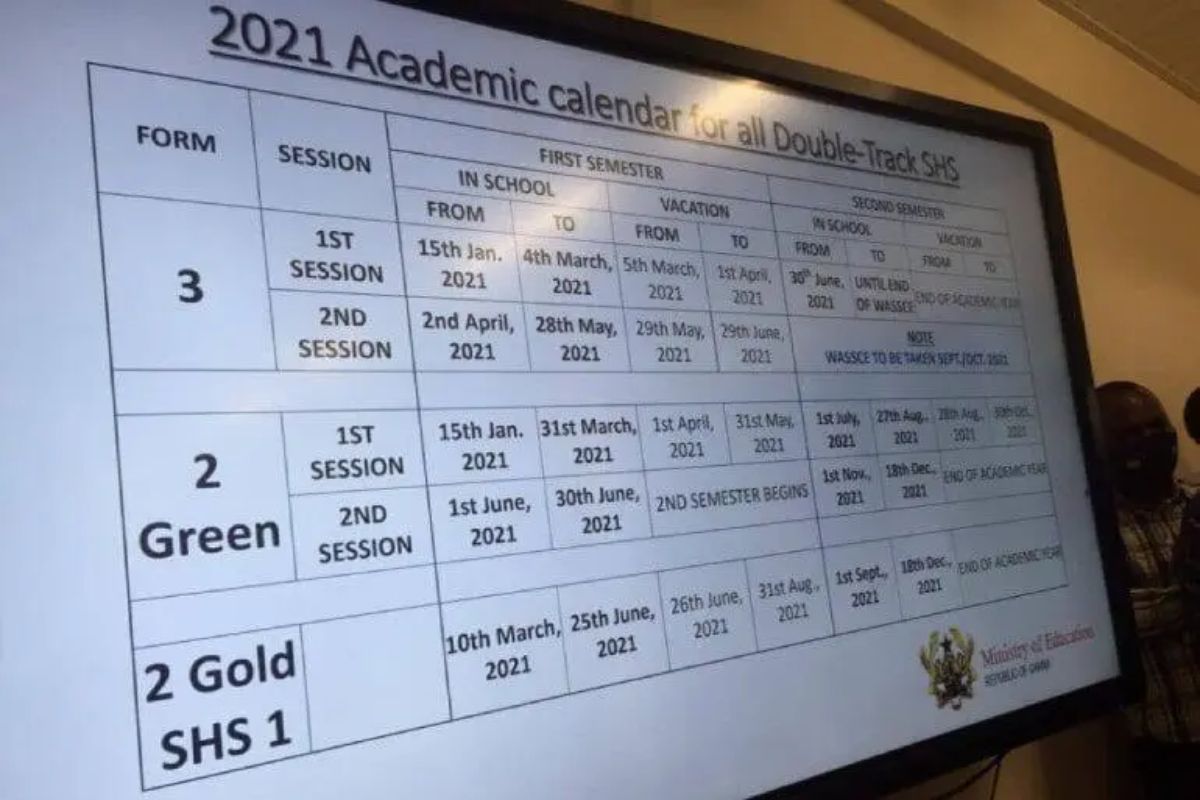 GES 2024-2025 Academic Calendar for Public Schools
GES 2024-2025 Academic Calendar for Public Schools 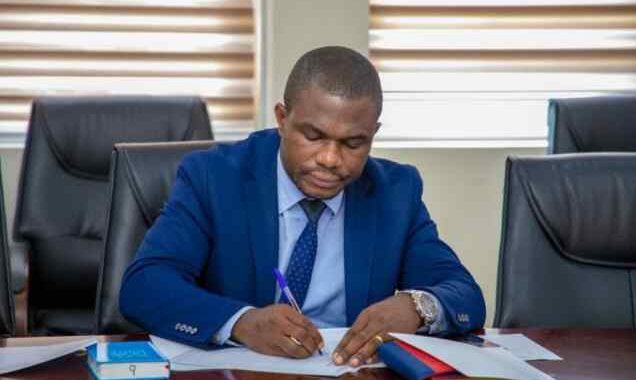 GES to recruit university graduates and diploma holders-GES Director General
GES to recruit university graduates and diploma holders-GES Director General  GES is expected to announce reopening dates for public schools today
GES is expected to announce reopening dates for public schools today 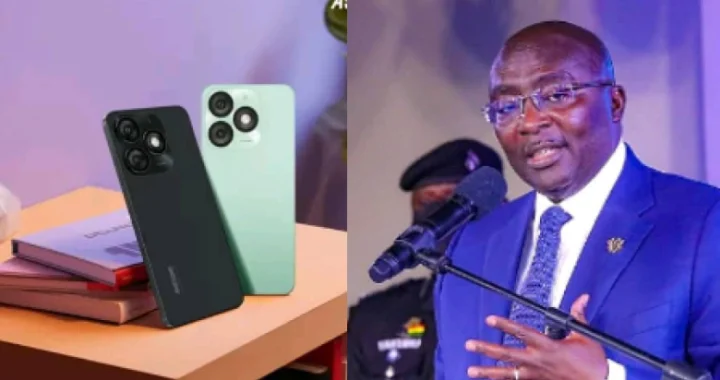 Dr. Bawumia’s Smart Phone Credit Will Take 125 Years To Repay: A Misleading Promise
Dr. Bawumia’s Smart Phone Credit Will Take 125 Years To Repay: A Misleading Promise  2024-2025 Report Card Grading, Student Attitudes, Interests and Conduct Samples for Teachers
2024-2025 Report Card Grading, Student Attitudes, Interests and Conduct Samples for Teachers  US Staffing Agencies Recruiting International Job Seekers With Work Visa Sponsorship
US Staffing Agencies Recruiting International Job Seekers With Work Visa Sponsorship 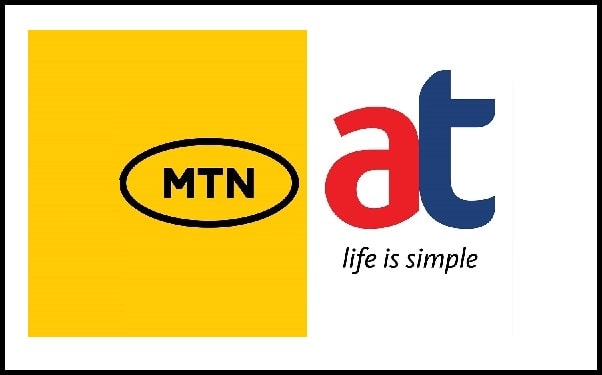 Buy 1 Gig MTN or Airtel Tigo data for only GHS6.00 not GHS17.00
Buy 1 Gig MTN or Airtel Tigo data for only GHS6.00 not GHS17.00